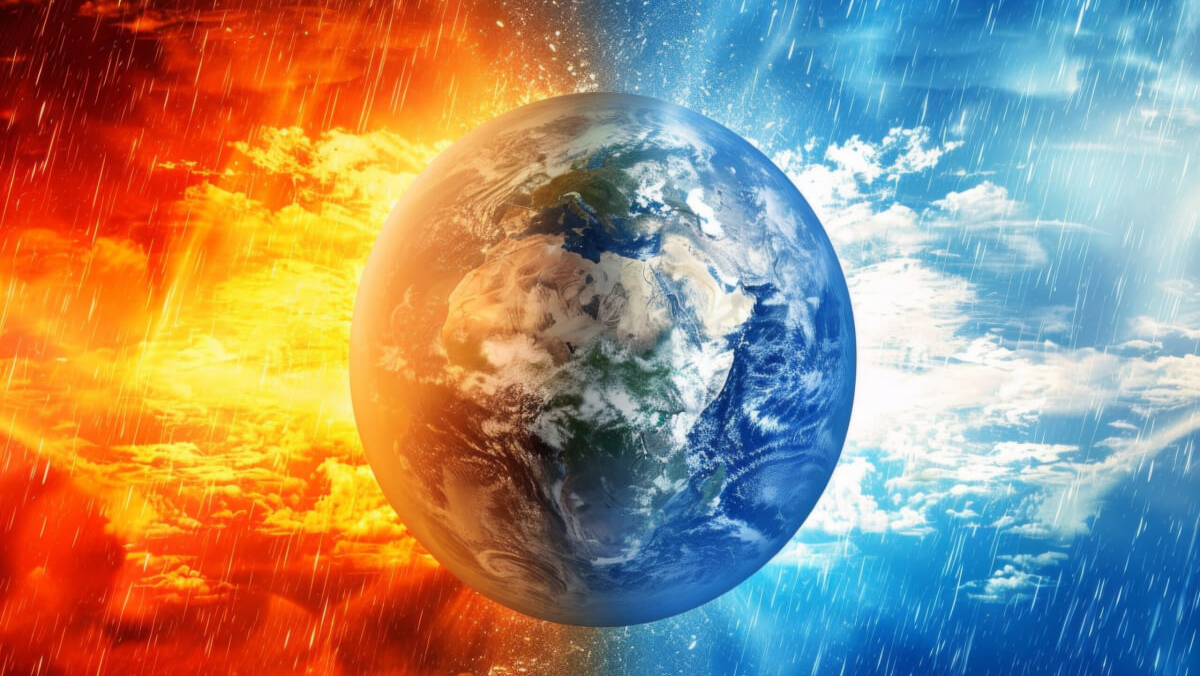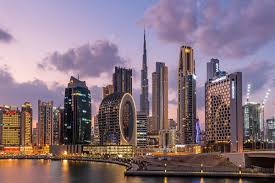Now Reading: Global Warming Crisis Deepens: What It Means for Your Future 2025
-
01
Global Warming Crisis Deepens: What It Means for Your Future 2025
Global Warming Crisis Deepens: What It Means for Your Future 2025

Table of Contents
Global warming is no longer a problem of the distant future. It is happening right now and affecting every part of our planet. Scientists and environmental groups are raising their voices louder than ever before. The rising temperatures are causing extreme weather, melting ice caps, and threatening wildlife and human life alike.
What Is Global Warming?
Global warming refers to the steady increase in Earth’s average surface temperature. It is mainly caused by the release of greenhouse gases such as carbon dioxide (CO2), methane (CH4), and nitrous oxide (N2O) into the atmosphere. These gases trap heat from the sun and cause the planet to warm.
The largest sources of these gases include burning fossil fuels (like coal, oil, and natural gas), deforestation, industrial pollution, and farming practices. Human activities are responsible for over 95% of the increase in greenhouse gases since the mid-20th century.
How Fast Is the Earth Warming?
According to the United Nations’ Intergovernmental Panel on Climate Change (IPCC), the Earth’s average temperature has already increased by about 1.1°C since the late 1800s. That might not sound like a lot, but scientists warn that even a 1.5°C rise can lead to serious consequences.
In fact, the last decade (2011–2020) was the hottest on record. Heatwaves are becoming more intense, wildfires more frequent, and oceans more acidic. If global emissions continue to rise, the world could warm by 2.5 to 4.5°C by the end of this century, creating a crisis for all living beings.
Real-Life Effects of Global Warming
Global warming is not just a scientific term—it is a reality we are all living through. Here are some of the most serious effects being felt around the world:
1. Rising Sea Levels
Melting glaciers and polar ice caps are causing sea levels to rise. This threatens coastal cities like Mumbai, New York, Venice, and Jakarta. Low-lying countries like the Maldives could disappear underwater within decades.
2. Extreme Weather Events
Storms, floods, droughts, and wildfires are becoming more frequent and powerful. In 2023 alone, extreme heatwaves hit countries across Europe and Asia, causing thousands of deaths and billions in economic damage.
3. Food and Water Shortages
Changing weather patterns affect farming and water supply. Crops are failing due to droughts, while floods are washing away fertile soil. This leads to food shortages, higher prices, and even political conflicts.
4. Threat to Wildlife
Global warming is pushing many animal and plant species toward extinction. Polar bears are losing their icy homes, coral reefs are dying from ocean heat, and migratory patterns are being disrupted across continents.
5. Health Risks
Higher temperatures lead to the spread of diseases like malaria and dengue. Air pollution caused by fossil fuel burning also increases the risk of respiratory illnesses.
Who Is Responsible?
While global warming is a shared problem, the responsibility is not equal. Rich, industrialized countries have historically contributed the most to greenhouse gas emissions. The United States, European Union, China, and India are among the largest polluters.
However, the poorest nations, which contribute the least to climate change, suffer the most. These countries often lack the resources to recover from disasters or protect their communities.
What Can Be Done?
There is still time to slow down global warming but action is needed now. Here are some key solutions that experts suggest:
1. Switch to Clean Energy
Moving away from coal and oil toward solar, wind, and hydroelectric power is one of the best ways to cut emissions.
2. Protect Forests and Plant Trees
Forests act as carbon sinks. Stopping deforestation and encouraging reforestation can absorb large amounts of CO2 from the air.
3. Adopt Sustainable Lifestyles
People can reduce their carbon footprint by using public transport, eating less meat, recycling, and using energy-efficient appliances.
4. Global Agreements and Policies
Governments must work together to enforce environmental laws. The 2015 Paris Agreement was a good start, but more commitment and action are needed.
5. Support Green Innovations
New technologies like carbon capture, electric vehicles, and sustainable farming methods offer hope. Supporting these innovations can create jobs and protect the planet.
What’s at Stake?
The stakes of ignoring global warming are extremely high. If we fail to act, future generations will inherit a world filled with disasters, poverty, and conflict. But if we take bold steps today, we can build a cleaner, safer, and fairer world for all.
Final Thoughts
Global warming is the biggest challenge facing humanity in the 21st century. It affects every part of our life from the air we breathe to the food we eat and the homes we live in. While the science is complex, the message is simple: we must act now to protect our planet.
Governments, businesses, and individuals all have a role to play. The future of the Earth depends on the choices we make today. Change is still possible, but the window of time is closing quickly.
Read More:- Shobha Realty Launches Its Most Luxurious Project Yet—Full Details Inside 2025



















